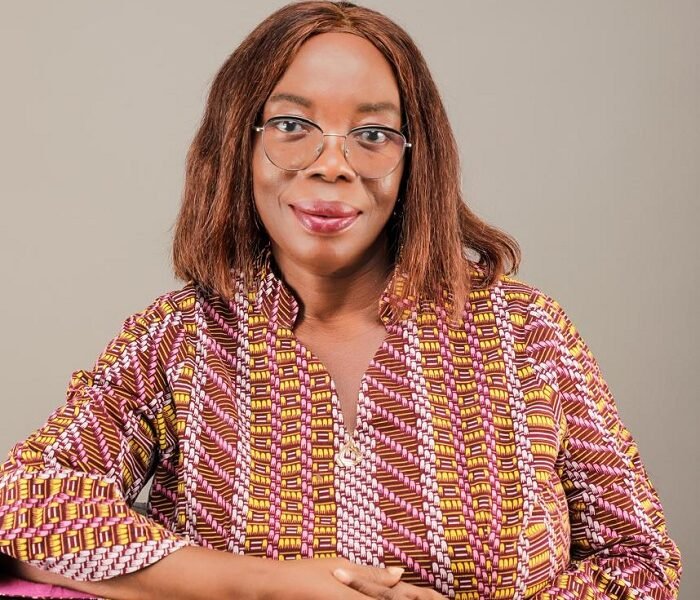News
Netright advocates creation of National Care Policy for unpaid care workers

The Network for Women’s Right in Ghana (Netright) has called for the formation of a National Care Policy to address the unequal burden of unpaid care work on women and adolescent girls in Ghana.
It has also asked the Government to place value on unpaid care work and quantify its contribution to national development in Gross Domestic Product (GDP).
Unpaid care work refers to all the non-remunerated tasks and responsibilities carried out within households and communities that support the well-being of others.
These include caring for children, the elderly, and sick or disabled family members, cooking, cleaning, laundry, and other household chores, collecting water and firewood (especially in rural settings) and volunteering in community care.
Ms Patricia Blankson Akakpo, the Executive Director, Netright, who made the call at a meeting in Accra on Tuesday, said in Ghana women disproportionately bore the burden of unpaid care work, contributing to time poverty and hindering their economic empowerment.
“Women perform three times more unpaid work than men, this unequal distribution of care responsibilities restricts women’s access to education, employment, and political and social participation while also impacting their health and well-being,” she stated.
The meeting, organised in partnership with Alinea International, a development consultancy firm, brought together civil society organisations, women’s rights groups, and government institutions to make input into Netright’s work on unpaid care work and mobilise support for policy reforms.
To address the negative impact of unpaid work on women and girls, Netright was implementing the United for Care Sensitive Approaches to Rights and Empowerment (UCARE) project with funding from Global Affairs Canada.
The project, Ms Akakpo said, aimed to reduce the unequal and unfair burden of unpaid care work on women and adolescent girls in northern Ghana.
“UCARE is being implemented in 10 districts across the three regions of the north – Northern, North-East and Savannah – to inform policy reforms,” she said.
Ms Lydia Dogee, the representative of Alinea International Ghana, said recent field studies the organisation conducted showed that unpaid care work remained largely regarded as feminine work.
“Out of an 18-hour workday for a woman, about 7.8 hours are devoted to unpaid care work. You can imagine what kind of paid work this woman is involved in and how she gets economically empowered,” she said.
She explained that the UCARE project was using an integrated approach to engage families and communities to recognise unpaid care work and encourage fair redistribution of house chores.
“We believe that a good meal served at home, that child that is guided, the sick that is comforted, or that clean room are not just acts of love, but acts of labour,” Ms Dogee said.
– GNA